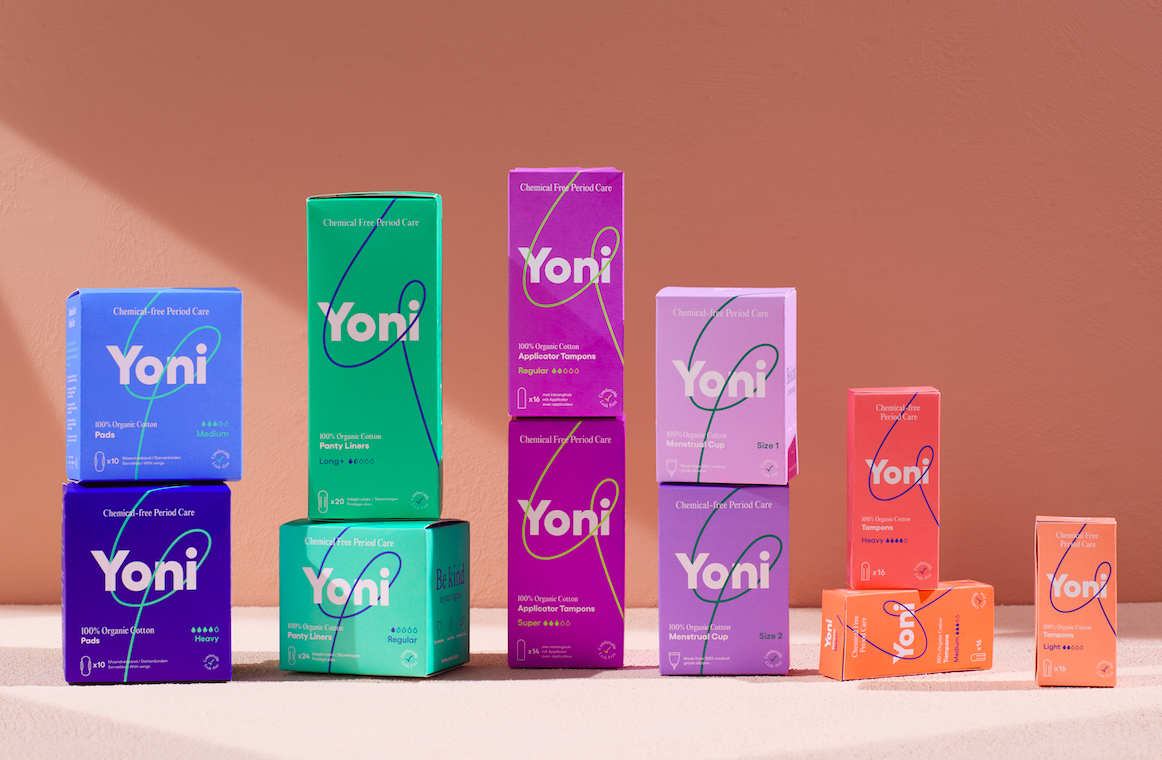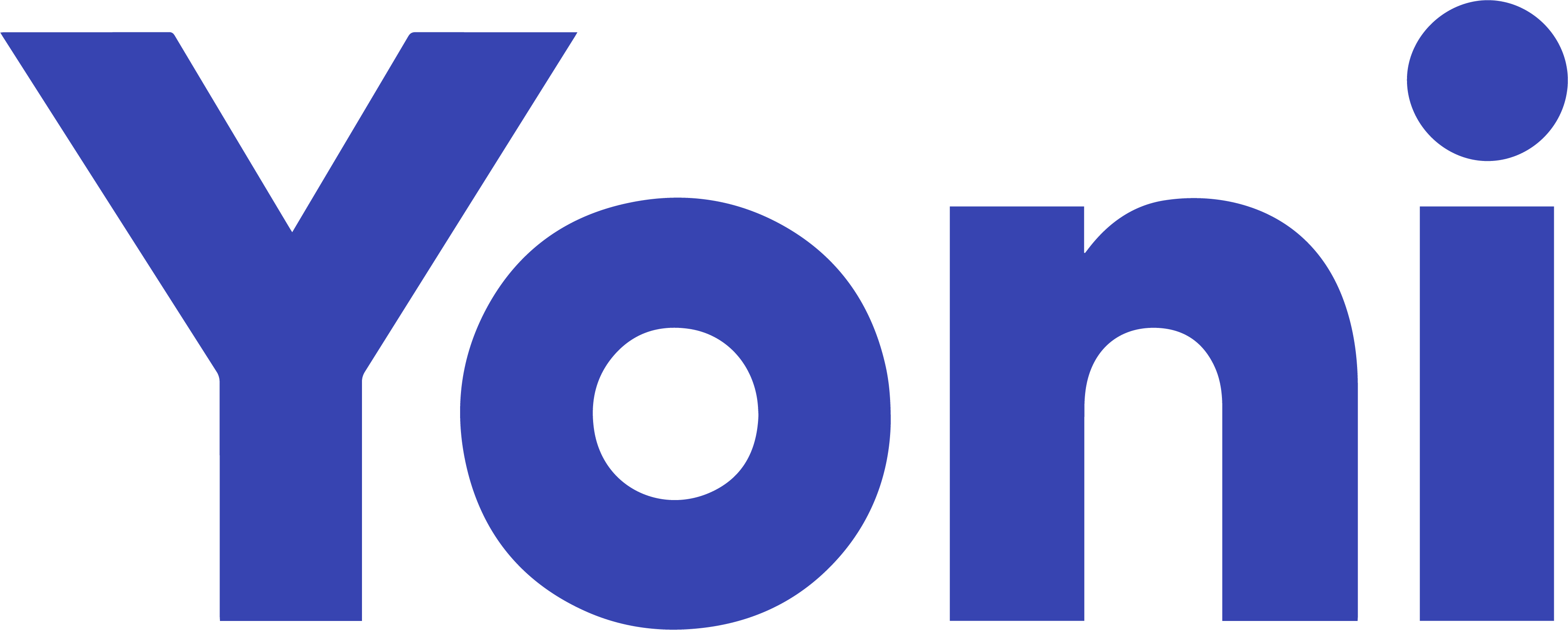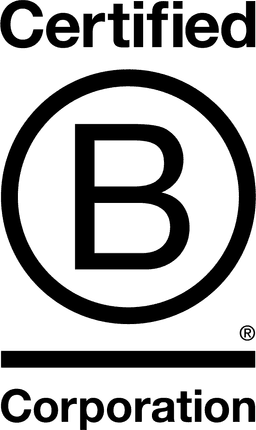

FIP Organic Holding B.V.

North Holland, Netherlands The
April 2018
Personal care products
Wholesale/Retail
Belgium,
Luxembourg,
Netherlands The,
Spain,
United Kingdom
Yoni leads a bloody revolution in the fem care industry Peacefully, of course. They believe all women have the right to know what their most intimate products are made of. That’s why Yoni is transparent about the ingredients in their tampons, pads and pantyliners. What’s in the box is on the box. It may sound normal, but it’s actually exceptional. Because most mainstream brands don’t list their ingredients. By sharing their story on mainstream shelves, Yoni inspires them to open up. A vagina is highly absorbent. Just like Yoni's tampons, pads and panty liners. That’s why they make them from organic cotton. No plastics, no perfume, no added anything. Yoni start a healthy conversation about periods. They break taboos and don’t pussyfoot around the topics of menstruation and vaginas. Every decision Yoni make, they try to make with the best for the environment, each other and themselves in mind. All of their products are made from organic cotton certified by the SOIL Association according to Global Organic Textile Standards. This means that they meet high-level environmental criteria and social standards. In Yoni's supply chain they work together with partners who share their ideals and continuously try to innovate sustainably.
Overall B Impact Score
Governance 14.5
Governance evaluates a company's overall mission, engagement around its social/environmental impact, ethics, and transparency. This section also evaluates the ability of a company to protect their mission and formally consider stakeholders in decision making through their corporate structure (e.g. benefit corporation) or corporate governing documents.
What is this? A company with an Impact Business Model is intentionally designed to create a specific positive outcome for one of its stakeholders - such as workers, community, environment, or customers.
Workers 23.9
Workers evaluates a company’s contributions to its employees’ financial security, health & safety, wellness, career development, and engagement & satisfaction. In addition, this section recognizes business models designed to benefit workers, such as companies that are at least 40% owned by non-executive employees and those that have workforce development programs to support individuals with barriers to employment.
Community 20.5
Community evaluates a company’s engagement with and impact on the communities in which it operates, hires from, and sources from. Topics include diversity, equity & inclusion, economic impact, civic engagement, charitable giving, and supply chain management. In addition, this section recognizes business models that are designed to address specific community-oriented problems, such as poverty alleviation through fair trade sourcing or distribution via microenterprises, producer cooperative models, locally focused economic development, and formal charitable giving commitments.
Environment 28.1
Environment evaluates a company’s overall environmental management practices as well as its impact on the air, climate, water, land, and biodiversity. This includes the direct impact of a company’s operations and, when applicable its supply chain and distribution channels. This section also recognizes companies with environmentally innovative production processes and those that sell products or services that have a positive environmental impact. Some examples might include products and services that create renewable energy, reduce consumption or waste, conserve land or wildlife, provide less toxic alternatives to the market, or educate people about environmental problems.
What is this? A company with an Impact Business Model is intentionally designed to create a specific positive outcome for one of its stakeholders - such as workers, community, environment, or customers.
Customers 11.2
Customers evaluates a company’s stewardship of its customers through the quality of its products and services, ethical marketing, data privacy and security, and feedback channels. In addition, this section recognizes products or services that are designed to address a particular social problem for or through its customers, such as health or educational products, arts & media products, serving underserved customers/clients, and services that improve the social impact of other businesses or organizations.
What is this? A company with an Impact Business Model is intentionally designed to create a specific positive outcome for one of its stakeholders - such as workers, community, environment, or customers.